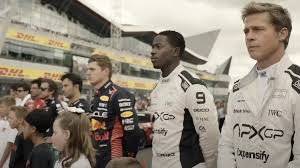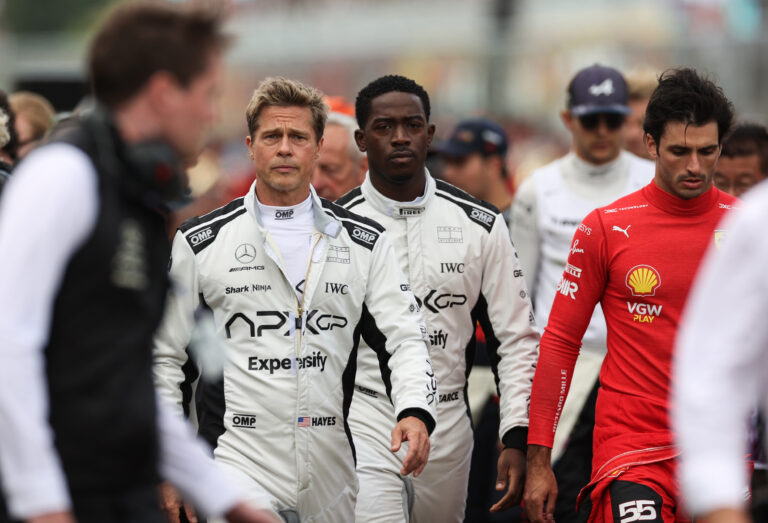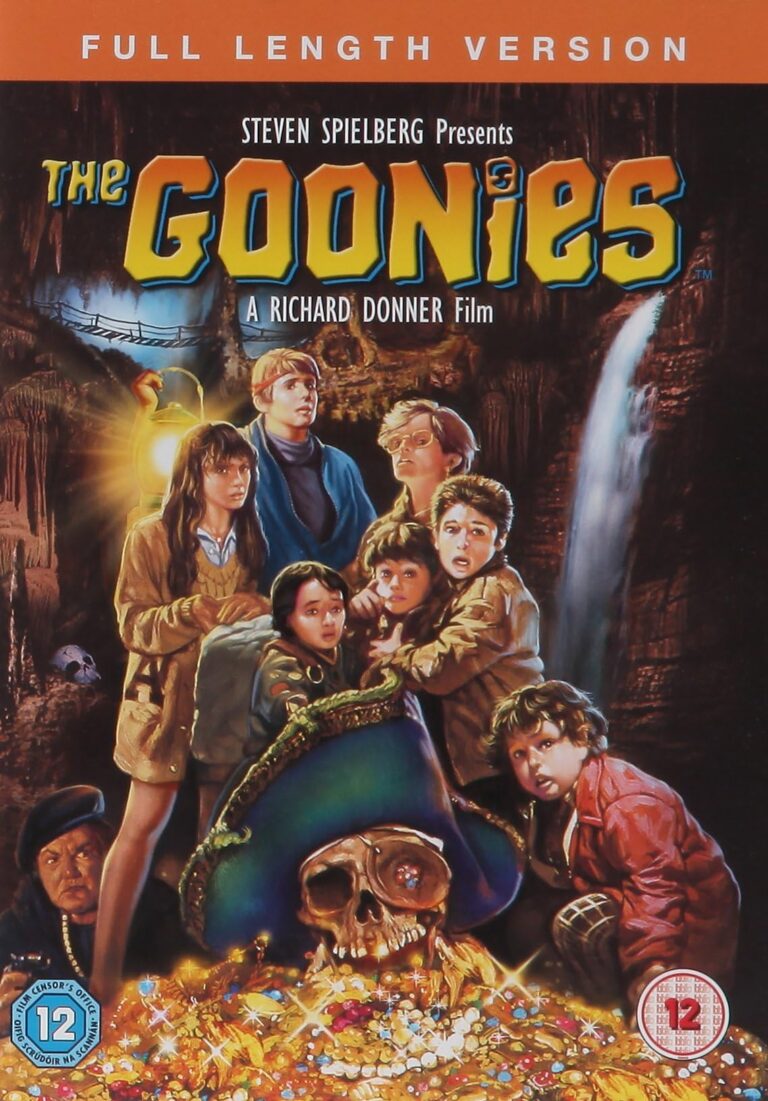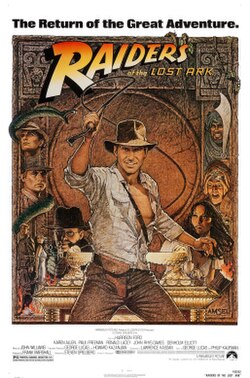
Introduction: The Intersection of Cinema and Formula 1
The world of Formula 1 (F1) racing has long been a source of fascination for fans and filmmakers alike. With its breathtaking speed, glamorous lifestyle, and intense rivalries, it’s no wonder that F1 has inspired several film adaptations. The recent surge in F1-inspired movies has not only captured the excitement of the sport but has also rekindled interest among a new generation of fans. This article explores the significance of F1 movies, their recent entries, and their impact on the racing community.
Notable F1 Movies and Their Contributions
Recent years have seen a resurgence in F1-themed films, with notable entries such as “Rush” (2013), directed by Ron Howard, and “Ford v Ferrari” (2019). These films dramatize real-life events and rivalries, offering audiences a glimpse into the high-stakes world of motor racing. “Rush” focuses on the fierce competition between James Hunt and Niki Lauda during the 1976 season, while “Ford v Ferrari” portrays the epic battle between Ford and Ferrari at the 1966 Le Mans race.
Both films not only showcase the adrenaline-pumping action associated with F1 but also delve into the personal stories of the drivers, highlighting their struggles, triumphs, and the sheer dedication required to excel in this elite sport. Such narratives have played a crucial role in humanizing F1, attracting a broader audience beyond traditional racing fans.
Impact on F1 Culture and Fan Engagement
The influence of F1 movies extends beyond the screen, enhancing fan engagement and involvement in the sport. As more films depict the lives and careers of racing legends, interest in F1 has surged. The documentary series “Drive to Survive” on Netflix has further amplified this phenomenon, providing an intimate look at the lives of drivers and teams during the F1 seasons. This series has captivated audiences worldwide, particularly in the United States, where interest in F1 has skyrocketed.
Conclusion: The Future of F1 Movies
The growth of F1 movies and related media exemplifies the potential of storytelling in bringing motorsport to new audiences. As film technology continues to advance and directors seek to capture the exhilaration of racing, the future looks bright for F1 cinema. With each new release, the motorsport community gains not only fans but also increased opportunities for sponsorship and investment, promising a prosperous future for the sport.
In conclusion, F1 movies play a vital role in shaping the culture and visibility of motor racing. As filmmakers continue to explore this thrilling world, there’s no doubt that the legacy of F1 will be celebrated across screens, inspiring generations to come.






